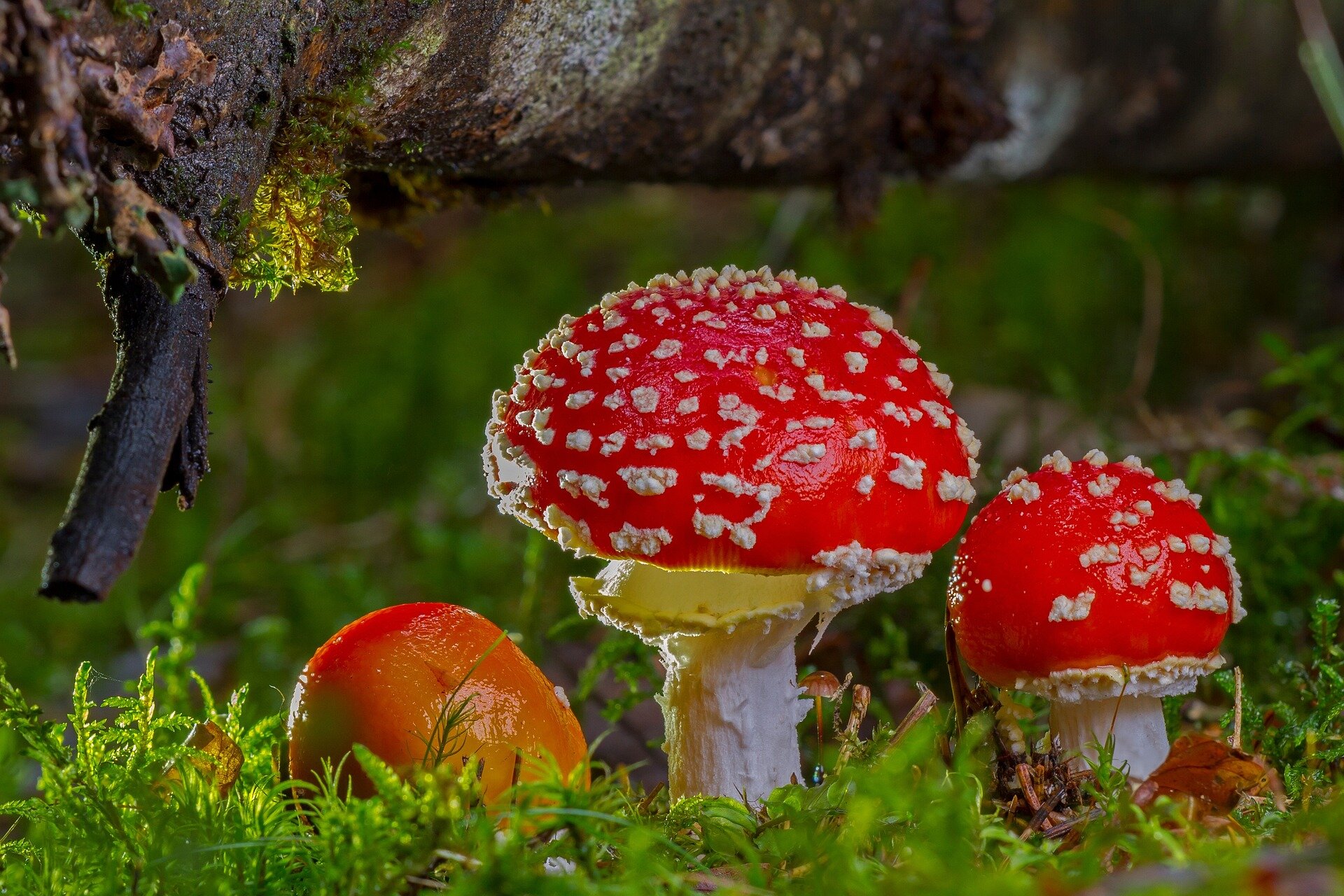Mushrooms have long been valued for their culinary versatility and unique flavors, but their medicinal properties are also gaining recognition. Certain mushroom varieties are celebrated for their potential health benefits and have been used for centuries in traditional medicine practices around the world. Let’s explore some of the best mushrooms used for healthcare medicine and their importance.
- Reishi Mushroom (Ganoderma lucidum): Reishi mushrooms, also known as Lingzhi in traditional Chinese medicine, have been revered for their potential health-promoting properties for thousands of years. They are believed to support the immune system, reduce inflammation, and promote overall well-being. Reishi mushrooms contain bioactive compounds such as triterpenes, polysaccharides, and antioxidants, which are thought to contribute to their medicinal benefits.
- Chaga Mushroom (Inonotus obliquus): Chaga mushrooms grow on birch trees in cold climates and have been used in Siberian and Russian folk medicine for centuries. Rich in antioxidants, beta-glucans, and other bioactive compounds, chaga mushrooms are believed to support immune function, reduce inflammation, and provide anti-aging benefits. They are often consumed as tea or in powdered form.

- Lion’s Mane Mushroom (Hericium erinaceus): Named for its distinctive appearance resembling a lion’s mane, this mushroom is prized for its potential cognitive benefits. Lion’s mane mushrooms contain compounds called hericenones and erinacines, which have been studied for their neuroprotective effects and potential to support brain health. Some research suggests that lion’s mane mushrooms may enhance cognitive function and memory.
- Shiitake Mushroom (Lentinula edodes): Shiitake mushrooms are widely consumed for their rich umami flavor and culinary versatility, but they also offer numerous health benefits. Rich in vitamins, minerals, and polysaccharides, shiitake mushrooms are believed to support immune function, lower cholesterol levels, and have anti-inflammatory properties. They are a staple in traditional Asian medicine and are often used to promote longevity and vitality.
- Turkey Tail Mushroom (Trametes versicolor): Named for its colorful, turkey tail-like appearance, this mushroom is valued for its immune-modulating properties. Turkey tail mushrooms contain polysaccharopeptides (PSP) and other bioactive compounds that have been studied for their potential to enhance immune function and support cancer treatment. Research suggests that turkey tail mushrooms may help improve the effectiveness of chemotherapy and radiation therapy in cancer patients.
These are just a few examples of the many mushrooms that offer potential health benefits. While more research is needed to fully understand the mechanisms behind their medicinal properties, mushrooms continue to intrigue scientists and health enthusiasts alike. Whether consumed fresh, dried, or in supplement form, mushrooms offer a natural and holistic approach to supporting health and well-being. Incorporating a variety of mushrooms into your diet may provide a range of health benefits and contribute to overall vitality and longevity.





